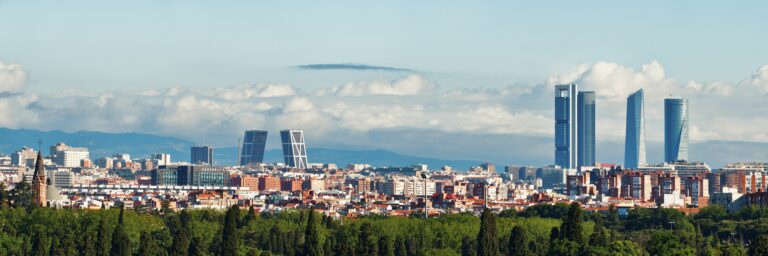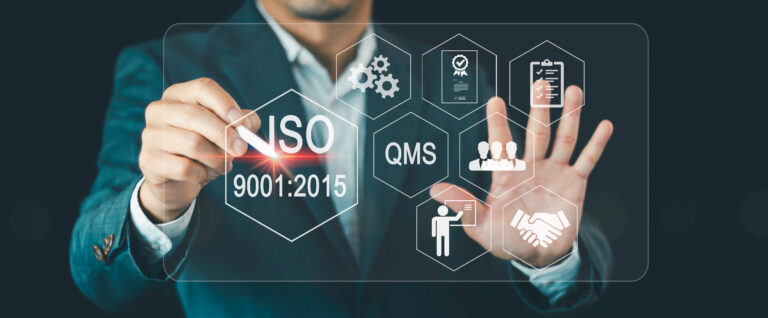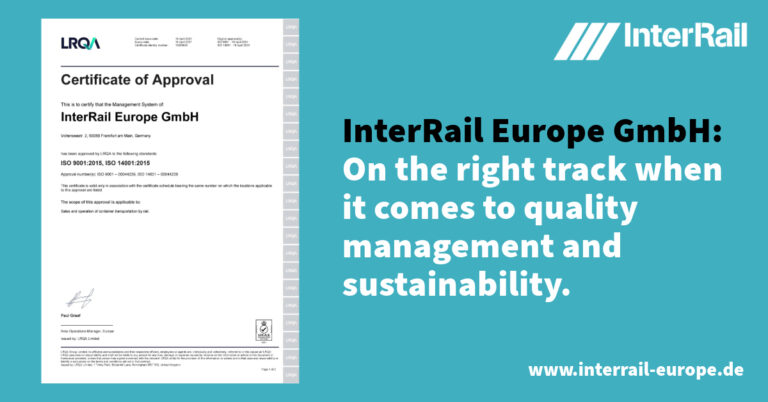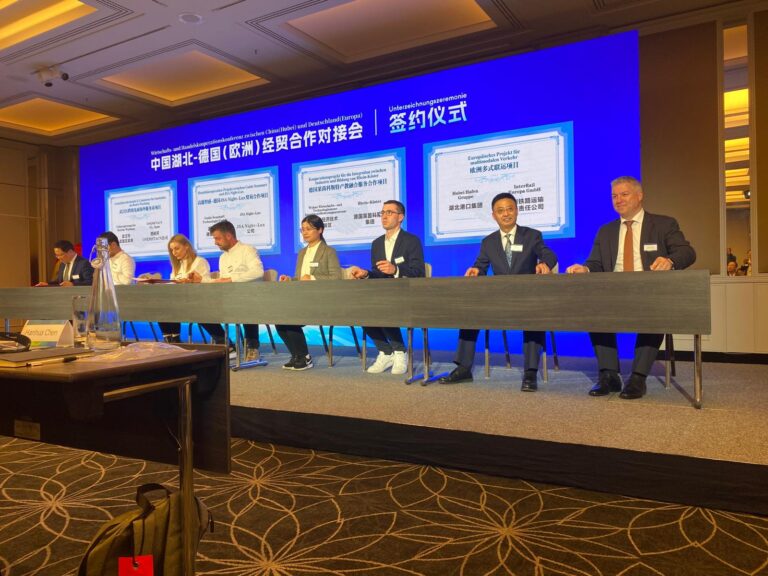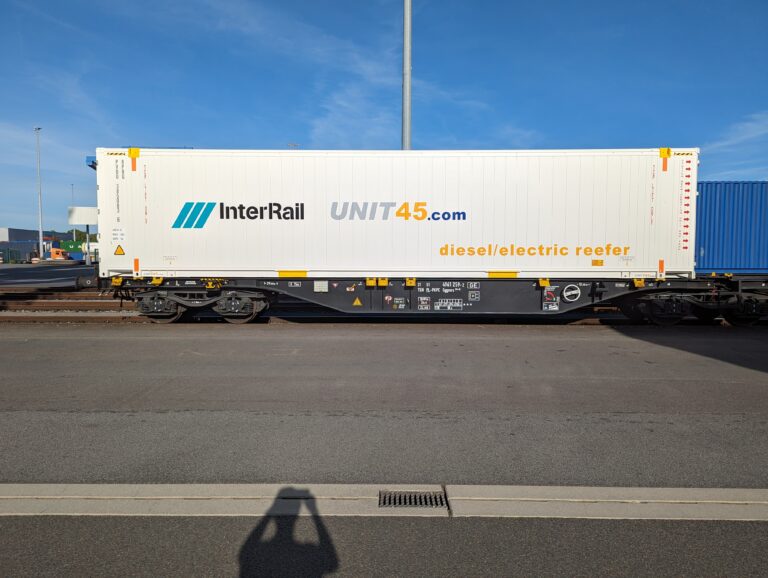In Japan, huge potential for rail transports
Over the years, InterRail and subsidiaries have handled numerous transports connecting Japan and Europe; in line with the growing demand for efficient rail freight solutions, and to be closer to the market, InterRail has now established its own delegation in Japan.
An interview with Thomas Möller, who heads the InterRail Japan office.
Q: Mr. Möller, could you briefly share your professional background and how it has prepared you for your role at InterRail?
A: More than 35 years of experience in the Logistic industry, of which spent 15 years in Japan. I have a deep understanding of the local culture and good access to Japanese freight forwarders as well as the different commercial industries.
Q: From your perspective, what is the business potential for InterRail in Japan?
A: In my eyes, the business potential is huge. However, it solely depends on our abilities to adopt to the demands of the market(s) which are not different from other areas around the globe. We need: competitive pricing, stabile and reasonable transit times, and sufficient empty equipment in Japan, all of which translates to: reliability.
Q: What are the main opportunities and challenges you see for InterRail in this market?
A: Main opportunities: there is limited competition on mostly all trade lanes InterRail is tailoring around the Japanese customers’ needs. We need to establish a reliable partnership with key clients in the different industries over the years to come. Using local connections to key Japanese customers as a door opener, we can introduce other InterRail companies / offices to their international network.
As to the challenges: We have to develop THAT product which is a MUST for the Japanese customers to turn to InterRail to discuss the current freight market challenges ad our potential to support their volume flows.
Q: What will your main goals and responsibilities be over the next few months?
A: Short term: Conducting market analysis; achieving vendor approval status by the key Japanese industries / clients. Plus the full integration in the operational and commercial pricing teams to develop THAT one needed product mentioned above.
Long term: successfully placing InterRail as specialized service provider on the Japanese market. The goal is to change the company status from Commercial Representation to operational unit.
Q: How do you plan to build and expand relationships with partners and clients in Japan?
A: By using my existing network.
Q: What trends or developments in the logistics and railway sectors should InterRail be aware of in your region?
A: Local freight forwarders are possibly developing similar products as InterRail is offering for the different trade lanes. Shipping lines will try to offer similar services as InterRail to establish a reliable rail service linking Japan via the middle corridor to the CIS and Europe and vice versa, mobilizing their own equipment to places of need. Deep sea carriers will sharpen their vessel fleet and sailing schedules to reduce current transit times via South Africa. Additionally, there are governmental orders in place to use certain trade lane offers which maximize Japanese content.
Q: What excites you most about the future of rail logistics in Japan?
A: The ability to jointly develop, with the InterRail teams, environment friendly logistic products and strategies! I see a possible future approach to Japan Rail (JR Freight / Logistics) to jointly develop a green corridor to export and import goods between Europe and Japan – door to door.

